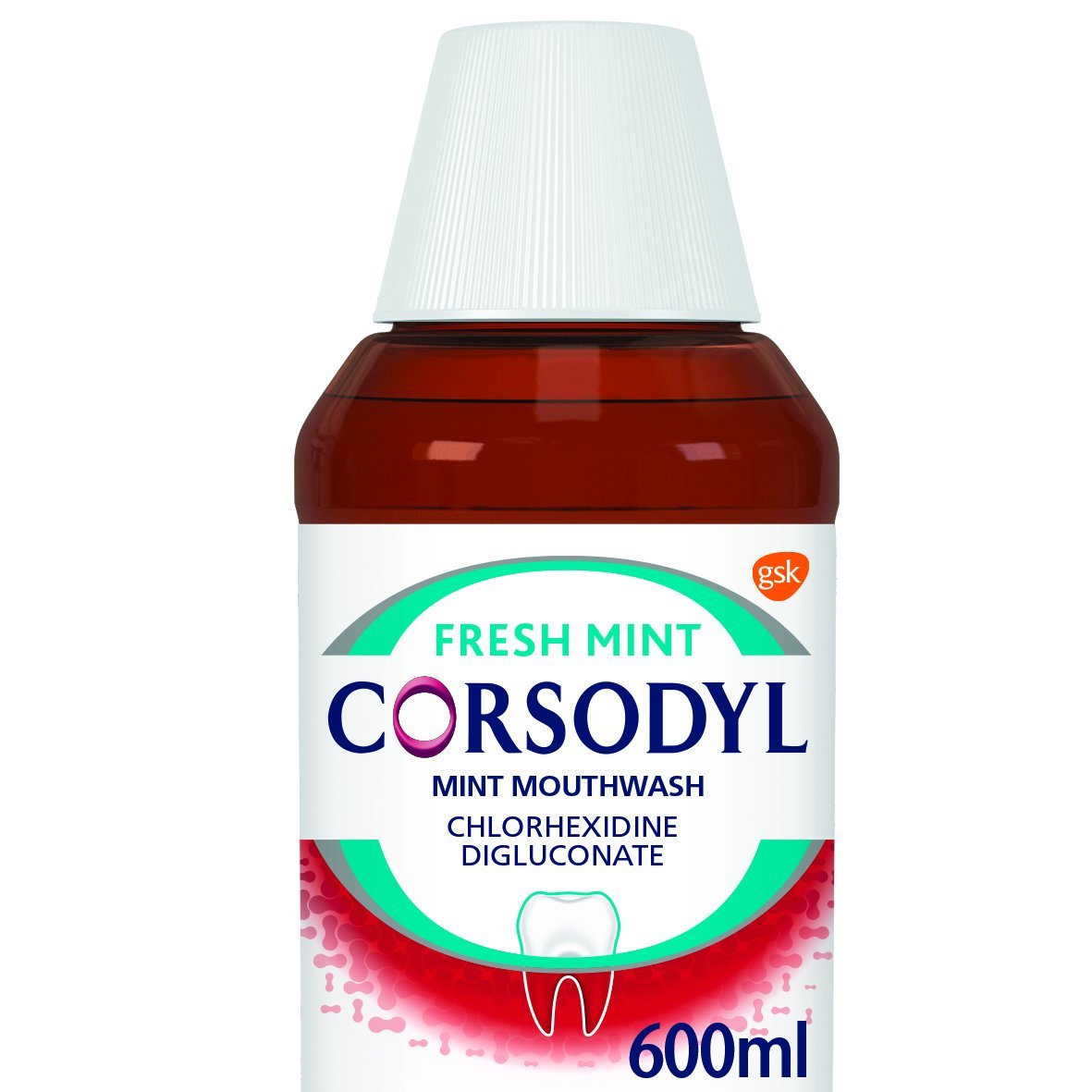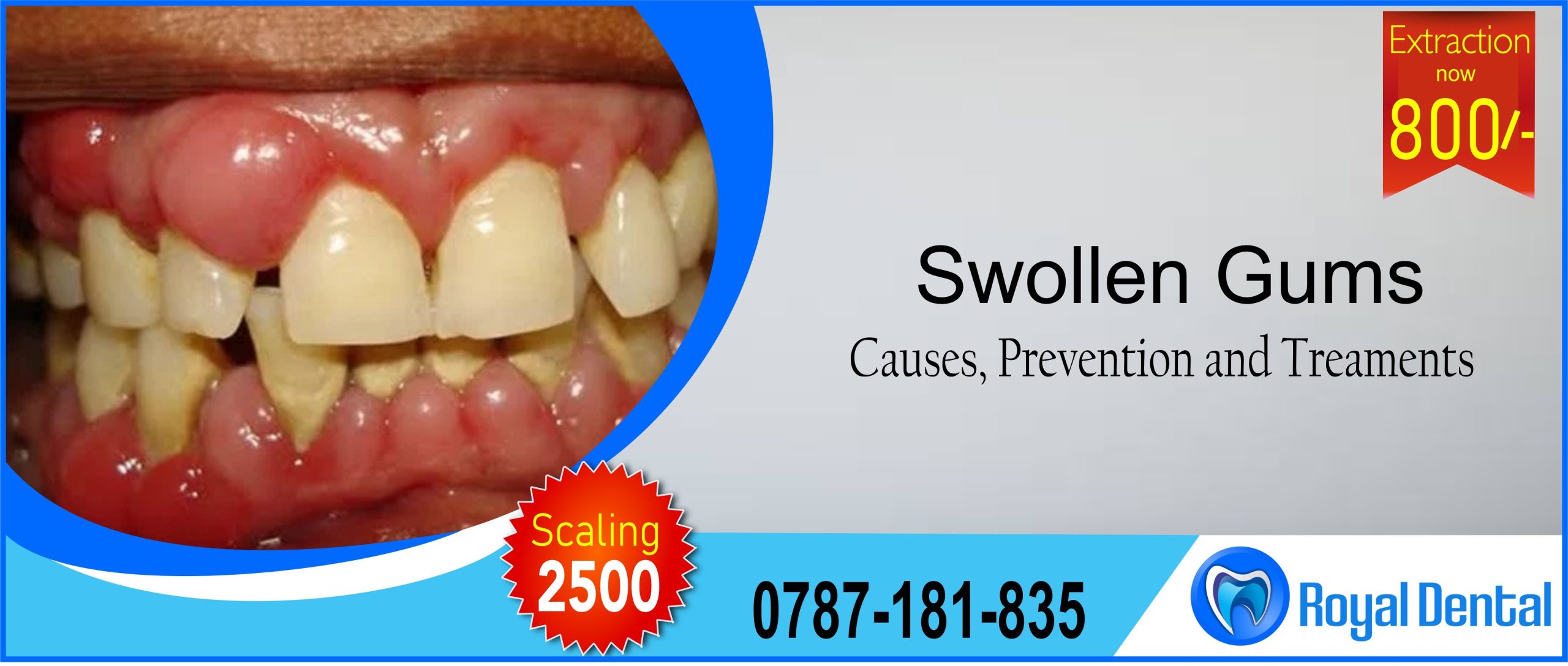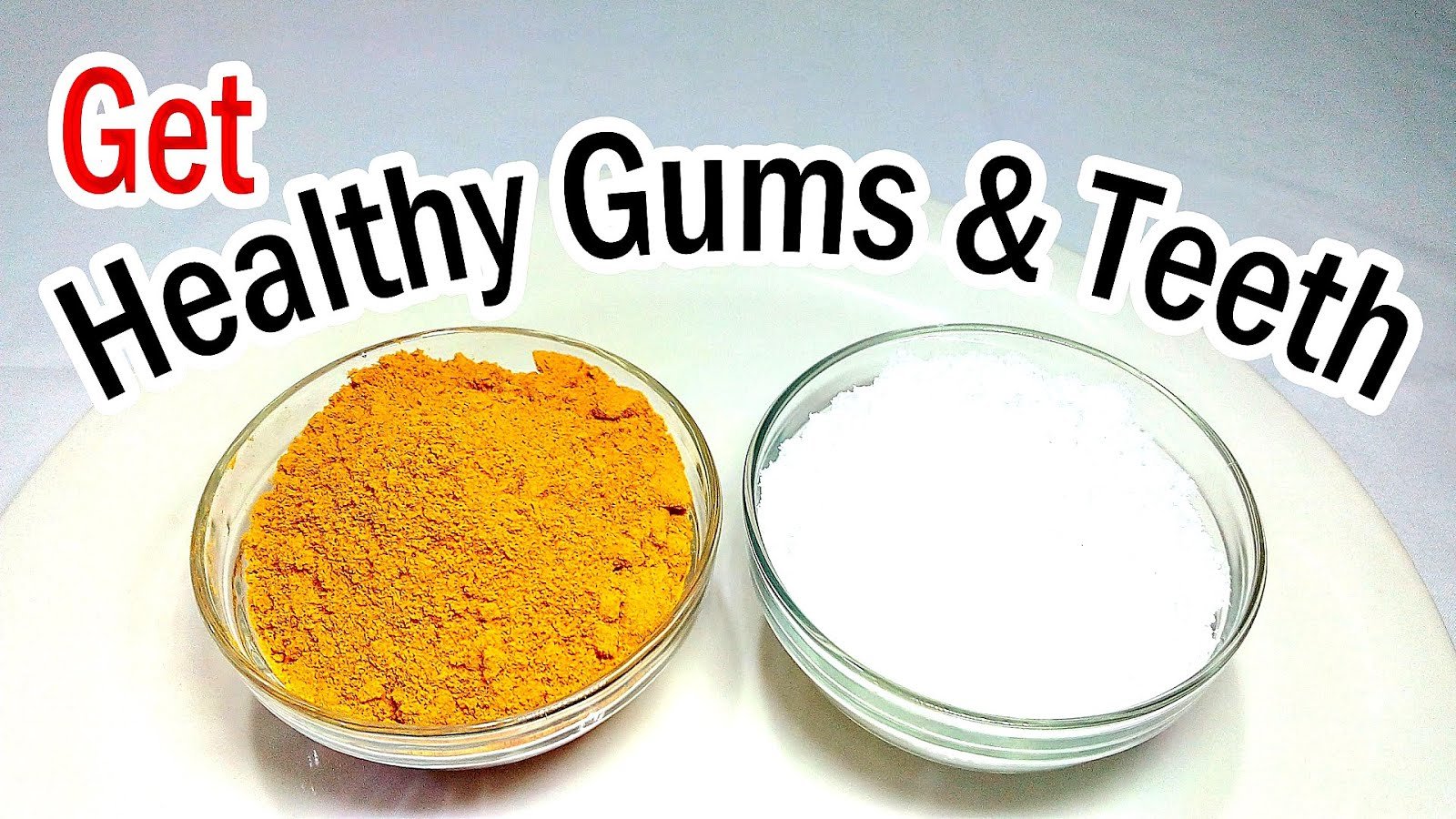Discover the [Best Home Remedy for Gum Infection] and regain a healthy, pain-free smile. Gum infections are a common problem, but understanding their causes and knowing how to treat them effectively is crucial for maintaining good oral health. This article explores the causes of gum infections, their impact on overall health, and provides proven home remedies to help you alleviate discomfort and promote gum healing. Whether you’re experiencing early signs of gum disease or have loose teeth due to infection, these natural remedies offer a safe and effective solution.
Key Takeaways:
- Saltwater rinses and natural mouthwashes can help reduce gum inflammation.
- Oil pulling with coconut or sesame oil has antimicrobial properties that can benefit gum health.
- Neem, tea tree oil, cranberry, clove oil, and peppermint oil possess anti-inflammatory or antibacterial properties that may support gum health.
- Home remedies should be complemented by a regular oral hygiene routine (brushing, flossing, dental check-ups).
Best Home Remedy for Gum Infection


Gum infections, often accompanied by discomfort and pain, can disrupt your oral health. While professional treatment is crucial, incorporating home remedies can aid in alleviating symptoms and promoting healing. Here’s what you need to know:
Natural Mouthwashes
Antibacterial and anti-inflammatory properties abound in natural mouthwashes made from ingredients like tea tree oil, neem, or cranberry. These natural solutions can help reduce inflammation, kill bacteria, and soothe irritated gums.
Oil Pulling
This ancient Ayurvedic practice involves swishing oil, typically coconut or sesame, in your mouth for 10-15 minutes. The oil absorbs toxins and bacteria, leaving your gums cleaner and healthier.
Saltwater Rinses
A simple yet effective remedy, saltwater rinses can help reduce inflammation and dislodge food particles stuck between your teeth. Mix half a teaspoon of salt in a cup of warm water and swish vigorously for a few minutes.
Other Beneficial Ingredients
Incorporate these natural ingredients into your oral care routine to promote gum health:
- Neem: Antibacterial and anti-inflammatory properties aid in reducing plaque and gum inflammation.
- Tea Tree Oil: Antiseptic and antibacterial properties combat harmful bacteria associated with gum disease.
- Cranberry: Polyphenols in cranberries prevent bacteria from adhering to the gums and teeth.
- Clove Oil: Antibacterial and analgesic properties alleviate pain and reduce inflammation.
- Peppermint Oil: Antibacterial and anti-inflammatory properties soothe irritated gums and freshen breath.
Additional Tips
While home remedies can provide relief, they should be used in conjunction with a comprehensive oral hygiene routine:
- Brush Regularly: Brush your teeth at least twice a day to remove plaque and bacteria.
- Floss Daily: Flossing removes food particles and plaque from between the teeth, where a toothbrush can’t reach.
- Regular Check-ups: Visit your dentist regularly for professional cleanings and check-ups to detect and address gum issues early on.
Remember, home remedies are supplemental and cannot replace professional dental care. If your gum infection persists or worsens, seek prompt medical attention.
If you’re suffering from mouth infection, check out our extensive guide on the best home remedy for mouth infection. Don’t let smelly shoes ruin your day! Discover the best home remedy for smelly shoes here and eliminate odor naturally. Canker sores can be painful and annoying, but there’s hope! Learn the best home remedy for treating canker sores and get relief fast.
Home Remedies for Gum Disease and Loose Teeth
Key Takeaways:
- Maintain impeccable oral hygiene practices.
- Saltwater rinses combat inflammation and pain.
- Natural mouthwashes possess disinfectant properties.
- Oil pulling reduces harmful bacteria and plaque.
- Neem boasts antibacterial and anti-inflammatory benefits.
- Tea tree oil’s antibacterial qualities aid in gum health.
- Cranberry inhibits bacteria adherence.
- The anesthetic effect of clove oil offers relief from pain.
- Peppermint oil’s antibacterial properties target specific pathogens.
Natural Mouthwashes:
- Green tea extract inhibits bacteria growth and inflammation.
- Myrrh extract possesses antibacterial and antifungal properties.
- Neem extract reduces inflammation and bacterial load.
- Tea tree oil mouthwash effectively eliminates bacteria.
Oil Pulling:
- Coconut oil’s antibacterial and anti-inflammatory properties combat gum infection.
- Sesame oil’s antiseptic properties aid in plaque removal and gum healing.
- Sunflower oil’s antioxidant content helps reduce gum inflammation.
Citation:
- 7 Natural Remedies for Healthy Gums
FAQ
Q1: What Causes Infections in the Gums?
A1: Gum infections are commonly caused by poor oral hygiene, which allows bacteria to accumulate on the teeth and gums. Other contributing factors include smoking, certain medications, hormonal changes, and certain medical conditions like diabetes.
Q2: Can gum disease affect my overall health?
A2: Yes, gum disease has been linked to an increased risk of heart disease, stroke, diabetes, and respiratory infections. Poor oral health may allow bacteria to enter the bloodstream and travel to other parts of the body.
Q3: Home remedies for gum disease and loose teeth?
A3: Home remedies can alleviate gum inflammation and pain while promoting healing. These include saltwater rinses, natural mouthwashes, oil pulling, and the use of natural ingredients like neem, tea tree oil, cranberry, clove oil, and peppermint oil.
Q4: How often should I brush my teeth to prevent gum disease?
A4: To prevent gum disease, it’s recommended to brush your teeth at least twice daily with fluoride toothpaste and floss regularly.
Q5: What are the symptoms of gum disease?
A5: Common symptoms of gum disease include red, swollen, or bleeding gums, gum recession, loose teeth, and persistent bad breath.
- Glass Tile: Brighten Your Home With Stylish Glass Backsplashes - December 3, 2025
- Glass Backsplash: Ideas For a Stylish Kitchen Update - December 2, 2025
- Glass On Tile: A Stylish Kitchen Backsplash Option - December 1, 2025










